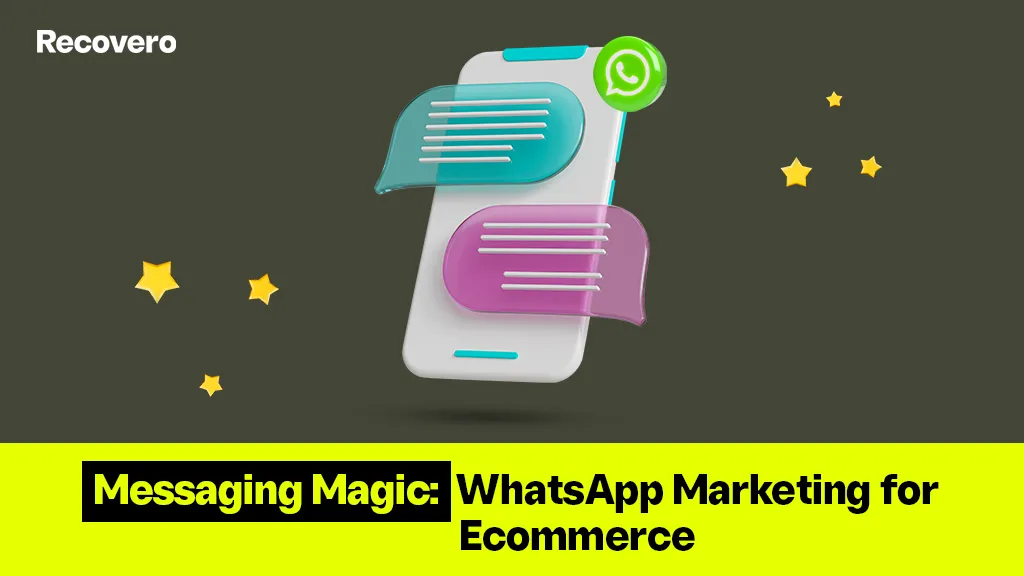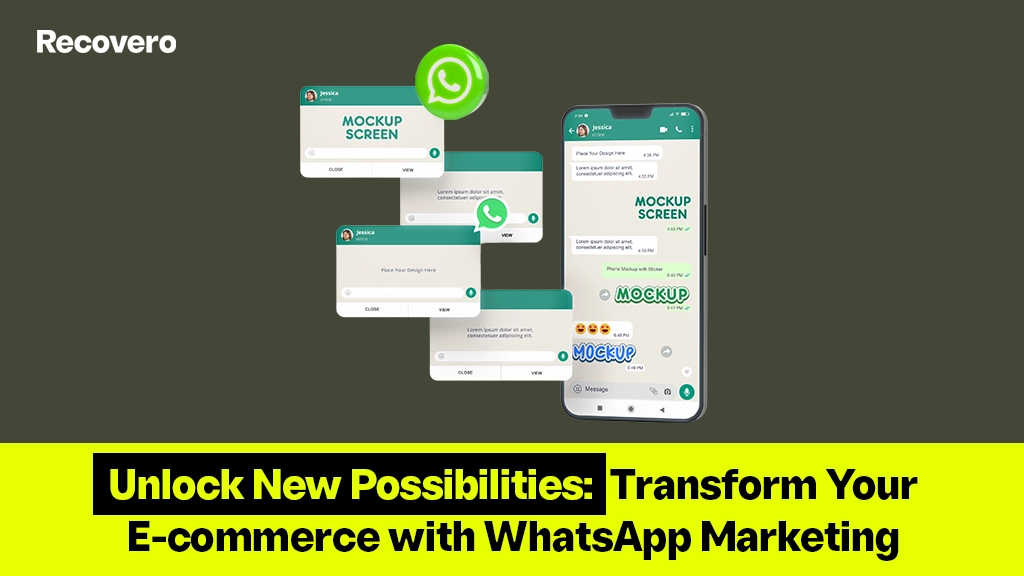In today’s competitive marketing landscape, understanding the customer journey is essential. It allows businesses to create meaningful interactions with customers at every stage. One powerful tool that has emerged for effective customer communication is SMS. In this comprehensive guide, we will explore the role of SMS in the customer journey. And provide you with a step-by-step approach to leverage its potential.
Understanding the Role of SMS in Customer Journey
The customer journey refers to the entire process a customer goes through. When interacting with a brand from initial awareness to post-purchase engagement. To use SMS in the customer journey, it is crucial to grasp the key stages:
- awareness,
- consideration,
- decision,
- and retention.
Each stage presents distinct opportunities for businesses. To engage with their customers and foster lasting relationships.
Leveraging the Role of SMS for Customer Engagement Journey
SMS holds incredible power when it comes to customer engagement. Unlike other communication channels, SMS offers unparalleled reach and immediacy. It boasts open rates as high as 98%, making it an effective medium for delivering time-sensitive information, promotions, and personalized messages. Furthermore, studies and case studies have shown that SMS drives:
- higher customer engagement,
- conversion rates,
- and brand loyalty compared to other channels.
Integrating the Role of SMS into the Customer Journey
To harness the full potential of SMS, it is crucial to identify the touchpoints in the customer journey where SMS can be utilized. This may include:
- sending automated SMS during the awareness stage,
- personalized messages during the consideration stage,
- timely reminders during the decision stage,
- and follow-ups to enhance customer retention.
By mapping SMS communication to each stage of the customer journey. Businesses can deliver targeted and relevant content to their customers.
Creating an SMS Strategy for the Role in Customer Journey
Developing a comprehensive SMS strategy is essential for successful customer journey integration. Setting clear goals for SMS communication. It allows businesses to align their efforts with marketing objectives. Defining target audience segments enables personalized SMS campaigns that resonate with customers. Increasing the likelihood of conversion and retention.
- Crafting compelling SMS messages,
- incorporating persuasive language
- and enticing offers,
helps capture the attention and interest of recipients.
Building a Subscriber Database
Building a robust subscriber base is the foundation of a successful SMS marketing campaign. Strategies such as opt-in methods, like keyword-based sign-ups or website forms. It provides customers with the opportunity to share their phone numbers and content. It is crucial to ensure compliance with SMS regulations and privacy policies. To protect customer data and maintain trust.
Automating SMS Campaigns
Automation streamlines the process of delivering SMS messages at scale. Implementing SMS automation platforms and tools. It allows businesses to set up triggered and scheduled SMS campaigns. Tailored to different stages of the customer journey. Automated SMS messages can be sent based on specific actions or events. Ensuring timely and personalized communication that enhances the customer experience.
Personalizing SMS Messages
Personalization is a key driver of successful SMS marketing campaigns. Collecting and utilizing customer data, such as demographics, sale history, and preferences. It enables businesses to create personalized SMS messages. By implementing dynamic content and merge tags in SMS messages. Brands can deliver tailored offers and exclusive content that resonate with individual customers.
Crafting Compelling SMS Calls to Action (CTAs)
CTAs play a pivotal role in SMS messages, urging customers to take desired actions. Crafting effective CTAs within the limited character count of SMS. It requires creativity and precision. Businesses should use concise and action-oriented language. While incorporating urgency, exclusivity, and clear instructions. Examples of compelling SMS CTAs could include “Limited time offer! Redeem your discount now” or “Click here to reserve your spot for exclusive access.”
Analyzing the Role of SMS in Customer Journey Performance
To measure the success of SMS campaigns, businesses need to track key metrics. Metrics such as:
- open rates,
- click-through rates,
- conversion rates,
- and campaign ROI
provide valuable insights into the effectiveness of SMS marketing efforts. Utilizing analytics tools helps check and analyze SMS campaign performance, enabling businesses to iterate and optimize their strategies based on data-driven insights.
Ensuring Compliance and Deliverability
Compliance with SMS regulations and privacy requirements is paramount. Businesses must familiarize themselves with applicable regulations. To ensure legal and ethical SMS practices. Additionally, maintaining good SMS deliverability rates is crucial for effective communication. Strategies such as:
- obtaining explicit consent,
- using reputable SMS service providers,
- and employing proper list hygiene techniques
help maximize deliverability and avoid common SMS pitfalls and challenges.
Conclusion
SMS is a valuable tool that can impact the customer journey.
- By understanding the customer journey stages,
- leveraging SMS for engagement,
- integrating it into the journey,
- and personalizing messages with compelling CTAs
Businesses can enhance customer experiences and drive business growth. By following best practices, analyzing campaign performance, and ensuring compliance brands can leverage the power of SMS to its fullest potential and achieve success.




